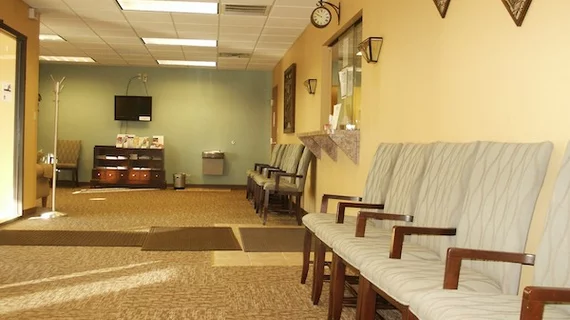More than 60 million Americans speak a language other than English at home. This group faces increased barriers to healthcare—including potential delays for necessary MRI, researchers wrote in a July 26 Journal of the American College of Radiology study.
To obtain an MRI, “effective communication with the patient is required at almost every step,” authors wrote. “A language barrier has the potential to slow down this process at multiple points, leading to a delay in obtaining an MRI and subsequently holding up diagnosis and treatment.”
With this in mind, Edward L. Sutherland, MD, with William Beaumont Hospital in Michigan, and colleagues studied 24,219 patients at a single health system to determine if Americans with limited English proficiency (LEP) faced such delays. All participants previously underwent neurological MRI.
The patient’s language was determined by their preferred language or written and spoken communication indicated during electronic medical record registration. The study included 51 different languages.
Researchers measured for time to examination (TTE), which was defined as time from the MRI order in the EMR system to procedure start time. They also included independent variables for age, gender, race, performing hospital, order priority in addition to patient-preferred language.
The median TTE was 682 minutes, ranging from 15 minutes to 25.7 days. A bivariate analysis correlated a longer TTE with increasing age, non-English language and routine priority. But, multivariate analysis showed non-English language preference effect on TTE was no longer significant in an analysis that included age group, priority, and hospital.
Overall, there was “no statistically significant difference in TTE in patients who preferred to communicate in English compared with patients with a non-English language preference when age, order priority, and performing hospital were accounted for,” they wrote.
Sutherland and colleagues suggested their findings rely on an understanding of the MRI process in their system. That includes an interpreter for non-English language speakers, a free tele-interpretation service or bilingual staff member to aid in the process.
They did maintain that “LEP has the potential to delay the patient’s care at any point patient communication is required,” and suggested their results should be taken with caution.

